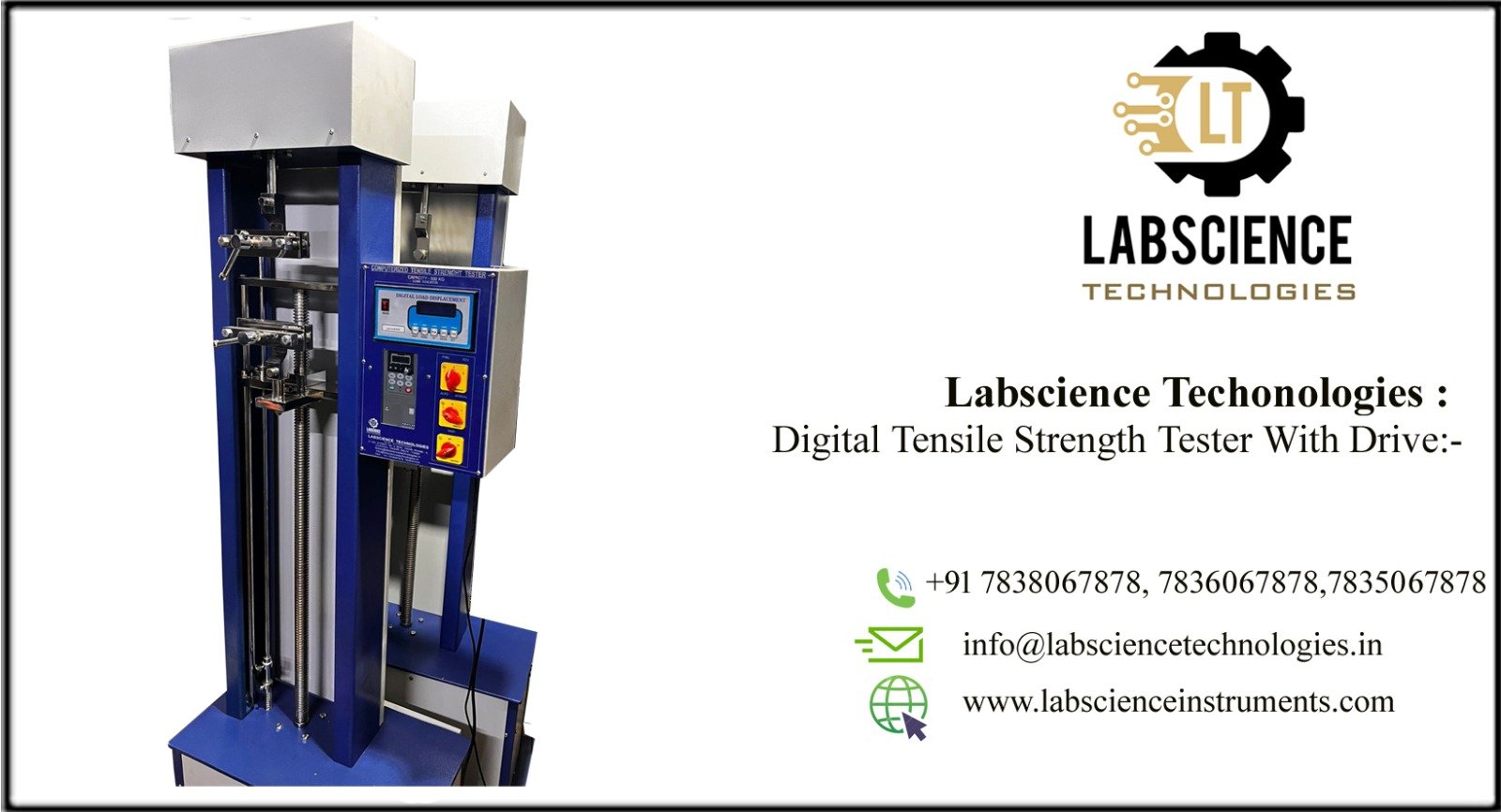Digital Tensile Strength Tester: Ultimate Guide to Accurate Testing
Digital Tensile Strength Tester: Ultimate Guide to Accurate Testing
Introduction to Digital Tensile Strength Testers
In modern manufacturing and quality assurance, digital tensile strength testers play a pivotal role. These advanced devices help measure the tensile properties of materials, ensuring that products meet stringent quality and performance standards. This guide delves into the Digital Tensile Strength Tester: Ultimate Guide to Accurate Testing, highlighting its importance, applications, and key features.
Understanding Tensile Strength Testing
What is Tensile Strength Testing?
Tensile strength testing is the process of applying tension to a material to determine its maximum strength and ability to withstand stress. It’s essential for evaluating the durability and elasticity of materials used across industries.
Importance of Accurate Testing
Accurate tensile strength testing ensures:
Reliable product performance.
Adherence to industry standards.
Reduced material failure risks.
Enhanced product safety and durability.
Features of Digital Tensile Strength Testers
Key Components
Load Cell: Measures the force applied to the material.
Gripping Mechanism: Holds the sample securely during testing.
Digital Interface: Displays real-time results with high accuracy.
Data Logging System: Stores test results for analysis.
Advanced Features
Automated calibration.
Compatibility with various materials.
Adjustable speed and load settings.
User-friendly software integration.
Applications of Digital Tensile Strength Testers
Manufacturing Industry
Material Testing
Digital tensile testers evaluate the strength and elasticity of raw materials like metals, polymers, and composites, ensuring they meet design specifications.
Product Quality Assurance
Finished products, such as wires, fasteners, and frames, are tested to ensure durability under stress.
Construction Industry
Testing Structural Materials
Materials like steel and concrete undergo tensile testing to ensure they can withstand heavy loads and environmental stress.
Adhesive Strength Evaluation
Sealants and adhesives are tested for their bond strength to ensure reliability in construction projects.
Automotive and Aerospace Sectors
Component Durability Testing
Critical parts such as bolts, panels, and composites are tested for tensile strength to ensure safety and performance under extreme conditions.
Lightweight Material Testing
Innovative materials like carbon fiber are tested for optimal strength-to-weight ratios, crucial for vehicle efficiency and safety.
Textile and Packaging Industries
Textile Durability Testing
Yarns, fabrics, and technical textiles are tested for tensile strength to ensure they meet performance standards.
Packaging Integrity Testing
Packaging films, seals, and closures are tested for their tensile strength to guarantee product protection during transportation and storage.
Benefits of Using Digital Tensile Strength Testers
Precision and Reliability
Digital tensile testers offer high accuracy, enabling manufacturers to detect minor material defects and ensure consistent product quality.
Versatility
These testers accommodate a wide range of materials and testing scenarios, making them suitable for diverse industries.
Data Analysis and Reporting
Integrated software solutions provide comprehensive data analysis, allowing manufacturers to optimize processes and make informed decisions.
How to Select the Right Digital Tensile Strength Tester
Factors to Consider
Material Compatibility: Ensure the tester supports the materials you need to test.
Testing Range: Choose a device with the appropriate force measurement capacity.
Ease of Use: Opt for testers with intuitive interfaces and software.
Accuracy and Calibration: Look for high-precision models with automated calibration.
Evaluating Tester Durability
Invest in robust machines that can handle frequent use without compromising accuracy or performance.
Best Practices for Accurate Testing
Sample Preparation
Cut samples to the specified size and shape.
Ensure samples are free from defects.
Proper Machine Calibration
Calibrate the device regularly to maintain accuracy and reliability.
Testing Procedure
Secure the sample firmly in the grips.
Apply tension gradually as per testing standards.
Record and analyze the results.
Conclusion
Digital tensile strength testers are indispensable tools for ensuring material and product quality across industries. Their precision, versatility, and advanced features make them essential for manufacturers striving to meet industry standards and customer expectations. By investing in the right tensile testing equipment and following best practices, businesses can achieve accurate and reliable results, driving innovation and excellence in their operations.
Kindly fill this form to demand a call-back to from our client support boss with esteeming and details.
+91 7838067878
Call Now
+91 7838067878

